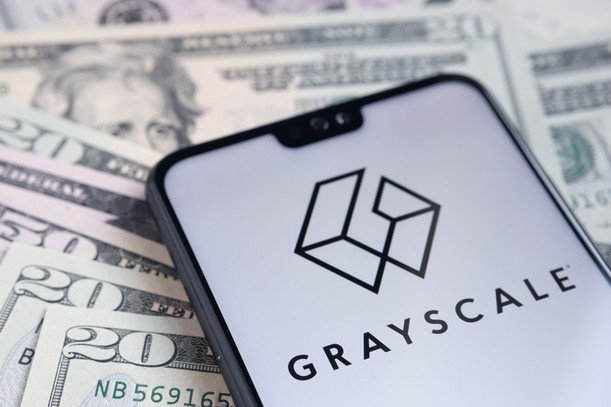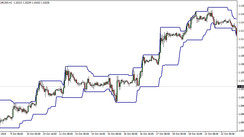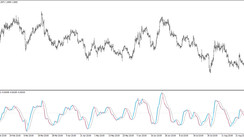Most popular methods for purchasing Bitcoin have a flaw that can result in greater losses.
Instead of purchasing the coins directly, many investors eager to profit from Bitcoin's significant gain have placed bets on the cryptocurrency through investment trusts. Such fund-like trusts provide the following benefits: Without the need to create digital wallets or transfer funds to a cryptocurrency exchange, their shares may be purchased and sold using conventional brokerages. Additionally, some institutional investors have used trusts as a substitute for holding Bitcoin directly due to fund regulations.
However, the market value of the trusts has the potential to fluctuate significantly either above or below the amount of the Bitcoin they hold, which raises the risk associated with an already risky investment. Let's look into the $25 billion Grayscale trust. The trust's price in December climbed 40% over its net asset value, or the market worth of all the Bitcoin it owns, as a result of the unrelenting demand. In essence, at the peak, traders were indirectly overpaying $14,000 for $10,000 worth of Bitcoin. And it is unacceptable. However, if Bitcoin declines, trusts like Grayscale may lose value relative to their assets, which would increase investor losses.
Grayscale would have professional traders known as authorized participants who operate behind the scenes to ensure that this dislocation doesn't occur if it were an exchange-traded fund. When buyers wish to withdraw their money from a Bitcoin fund, they must locate a buyer on the open market. When Bitcoin is popular, it is not an issue, and in fact, most traders have been happy to overpay. But the displacement can occur in both directions. The difference between Grayscale's price and NAV has lately decreased as Bitcoin prices declined from a record high of $40,000 per coin to about $35,000. It never swung the other way. However, if it did, a shareholder looking to exit the trust would be offering a share for less than the value of the Bitcoin it stands for. Of course, the fund does not have to enter a discount in order for losses to possibly worsen; a reduction in the premium might have a similar impact.

Grayscale has made an effort to keep up with demand by issuing additional shares as Bitcoin has grown in popularity. Even though it sold shares to raise the number to 684 million from 278 million a year earlier and just 174 million at the height of the frenzy in 2017, it wasn't enough to prevent the price from rising over its intrinsic worth.
There have been plenty of bubbles, busts, popularity spikes, and popularity declines for bitcoin. However, there is still a strong desire for access to Bitcoin through titled security. There have been many assertions that the discount would draw new investors, but before that could happen, investors who bought in when Bitcoin prices were high and fund share prices were even higher might experience great hardship.





